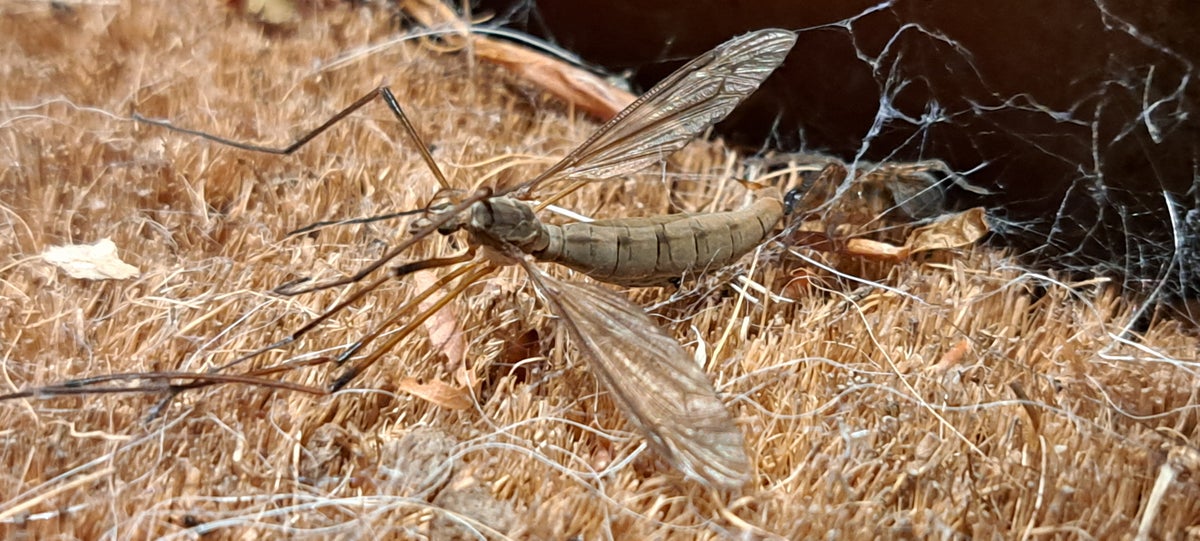CARNIVORE
In the realm of human perspective, dietary choices often ignite spirited debates. The topic of carnivory versus herbivory has long captivated our intellectual curiosity, dividing opinions and fostering impassioned discussions.
At the heart of this debate lies the fundamental question: is meat consumption an ethical and sustainable practice? While some advocate for a plant-based diet citing concerns over animal welfare and environmental impact, others argue that carnivory is an integral part of the natural food chain and offers nutritional benefits that cannot be replicated by plant-based substitutes.
The proponents of herbivory present a compelling case against meat consumption. They argue that the mass production of animals for food subjects them to inhumane living conditions, unnecessary pain, and premature death. They also highlight the environmental consequences of animal agriculture, which contributes to greenhouse gas emissions, deforestation, and water pollution.
Conversely, those who advocate for carnivory assert that meat provides essential nutrients that are difficult or impossible to obtain from plant-based sources. They point to the high levels of protein, iron, and B vitamins found in meat, arguing that these nutrients are vital for optimal human health and development. Additionally, they argue that the consumption of meat has been a part of human evolution for millennia, and that our physiology is adapted to digest and process animal products.
Beyond the ethical and nutritional arguments, the issue of carnivory also raises questions about the delicate balance of the natural ecosystem. In natural habitats, carnivores play a crucial role in regulating populations, preventing overgrazing and maintaining biodiversity. The removal of carnivores from the food chain can have cascading effects that ripple through the entire ecosystem.
In a hypothetical world where carnivores were eliminated, herbivores would flourish unchecked, leading to the overconsumption of vegetation and potential deforestation. Without predators to cull the weak and sick, herbivore populations could become vulnerable to disease and population crashes. The absence of carnivores would also impact the populations of insects, which would proliferate without natural predators to keep their numbers in balance.
It is important to note that the decision to consume meat or adopt a plant-based diet is a complex and personal one. There is no universally “right” or “wrong” answer, as the optimal diet for each individual will depend on a variety of factors, including cultural background, health concerns, and personal beliefs.
For those who choose to consume meat, it is essential to be mindful of the ethical and environmental implications of their choices. Opting for meat from sustainably raised animals, reducing consumption, and exploring alternative protein sources can all contribute to minimizing the impact on both the environment and animal welfare.
Ultimately, the debate over carnivory versus herbivory is not a simple one. It is a multifaceted issue that requires a nuanced understanding of the ethical, nutritional, and ecological implications involved. By engaging in informed discussions and considering the perspectives of all parties, we can strive to make choices that are both ethical and sustainable for our planet and its inhabitants.


